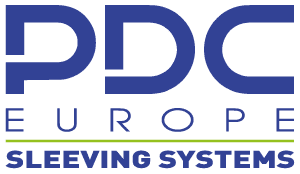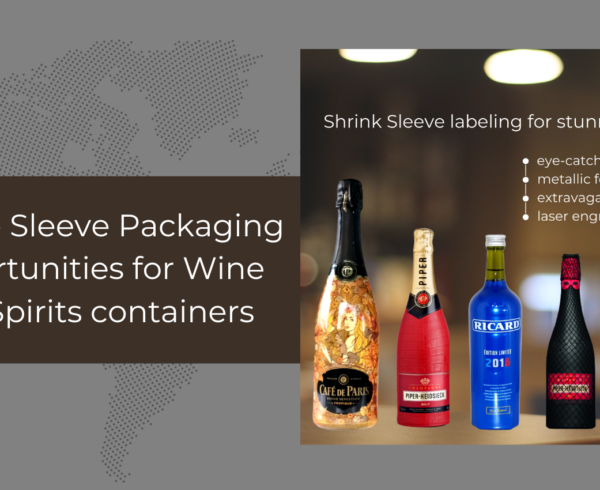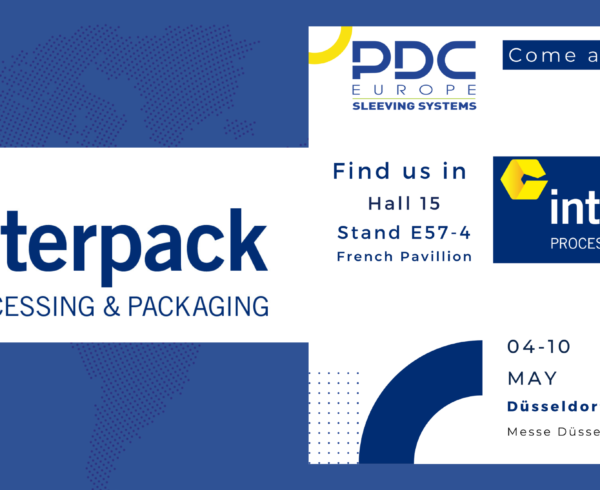The Future of Plastics
The plastics boom has been in full swing since the 1960s, but with growing opposition to the plastics industry it is clear that change is needed. If you read our previous article on why plastics are often the most eco-friendly choice, you know that this backlash is not necessarily based on fact but feeling. That said, what is certainly factual is that the industry has comes leaps and bounds in the developments of so-called “new plastics.”
What are new plastics?
New plastics have different chemical compositions to traditional plastics which don’t biodegrade. For example PDK, or polydiketoenamine, is a plastic polymer which can be broken down in part at molecular level, to be rebuilt into a plastic product with a completely different form, shape, texture and colour from the original. New plastics are created for a circular economy and should never become waste or pollution. New plastics are either reusable, recyclable or biodegradable.
What is the future of plastics?
We all know PET, one of the most used plastics in consumer products, which is largely destined for single use. Although recyclable, the reality is that PET often ends up in landfill or as litter. New PE plastics, like PEF (polyethylene furanoate) which has all the qualities of PET but with the bonus of being biodegradable, show the recent huge advances in the sector. 100% recyclable, PEF is a biobased polymer produced using raw materials – sugars – from plants.
The future of plastics is recyclability, bio-sourcing and new plant-based compositions to transform this much maligned industry into a force for sustainability & a force for good.
Will plastic packaging cease to exist?
Plastic is so engrained in our lives, and is such a useful and practical material with so many advantages, that it is almost impossible to imagine a world without it. Plastic packaging is here to stay. This does not mean that the plastics packaging industry won’t change.
Many leading companies across the world are committing to a reduction in single-use plastics, as well as to more sustainable packaging – of course, the plastics and packaging industries are adapting to these new demands, PDC Europe included!
We pride ourselves on continually searching for the latest innovations to offer our clients sustainable and effective options. We are striving towards decarbonisation and work closely with leading innovators to offer the best solutions. For example, we are working with a local French startup, Carbolice, who are developing biobased, biodegradable and compostable plastic solutions. Enzyme-based, Carbolice’s Evanesto solution is transforming plant-based plastic (PLA) into 100% compostable with organic waste, which can be put into compost.
With innovations like this, of course plastic packaging is here to stay. As a lightweight material that reduces fuel consumption it was already an ecological choice, and advances in composting make the choice a no-brainer.
Our Approach
We think that in the vast majority of cases, plastic is the best packaging material, but there are choices to be made on the most sustainable options. We are working towards decarbonisation, we are working with new innovations including PEF and Evanesto by Carbolice to ensure we can give our clients the tools, knowledge and advice when advising them on their sleeves and packaging, and we are doing all we can to make the circular plastics economy the rule, rather than the exception.
Contact us sales@pdceurope.com to see how our team can help you make informed choices when it comes to your packaging.









